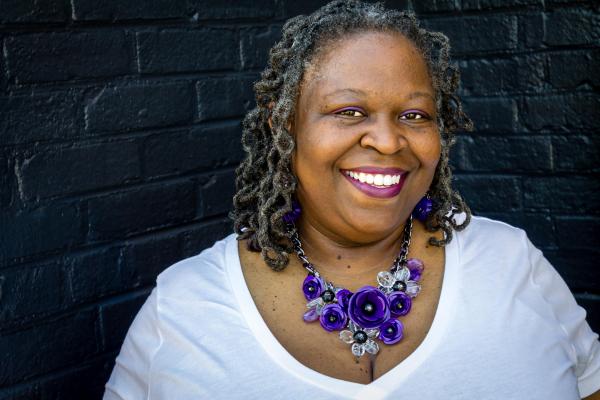Mar 11, 2019
Amid ongoing conversations about the harm caused by a “purity” ethic taught within mostly evangelical churches in the 1990s-2000s (and for some, still today), a number of ethicists, theologians, pastors, and educators have been quietly shaping a new ethic — some for years.
Read the Full Article

Already a subscriber? Login
